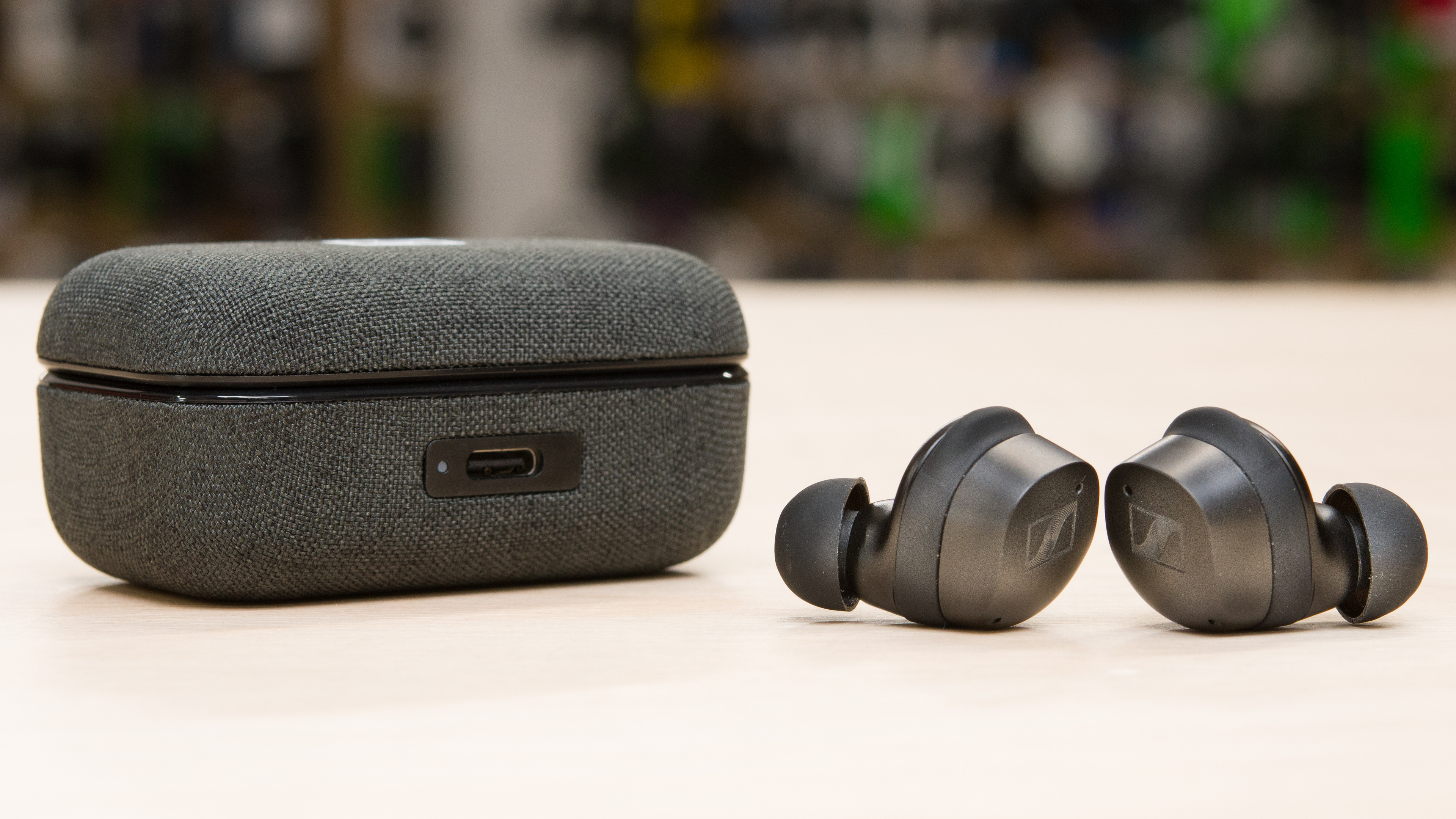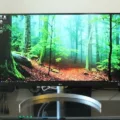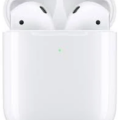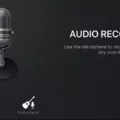Headphones are an essential tool for recording musicians, producers, and engineers. They allow for accurate monitoring of the audio being recorded or mixed, without the interference of external noise or sound bleed. However, not all headphones are created equal when it comes to recording. In this article, we will explore the best headphones for recording, and what features to look for when choosing a pair.
First and foremost, it is important to choose headphones with a flat frequency response. This means that no specific frequency range is exaggerated, resulting in a more accurate representation of the audio being recorded or mixed. The Audio-Technica ATH-M50x is a popular choice for recording, with a frequency response of 15Hz – 28kHz, providing a balanced sound across the frequency spectrum.
Another important factor to consider is isolation. Closed-back headphones are preferred for recording, as they prevent sound bleed from the headphones into the microphone. The Sony MDR-7506 is a popular choice for recording, with a closed-back design and excellent isolation.
Comfort is also important, as recording sessions and mixing sessions can often be lengthy. Look for headphones with plush ear pads and an adjustable headband for a comfortable fit. The Sennheiser HD 800 S is a high-end option for those willing to invest in comfort, with large, comfortable ear cups and a padded headband.
For those looking for a more unique sound, planar magnetic headphones are a popular choice for studio use. The HiFiMan Edition XS is a planar magnetic headphone with a wide soundstage and accurate detail, making it excellent for recording and mixing.
It’s important to consider the budget. While high-end headphones may offer the best sound and comfort, they may not be feasible for all recording setups. The Normal headphones are a great budget option for recording, offering accurate sound reproduction at an affordable price point.
Choosing the right headphones for recording is crucial for accurate monitoring and preventing sound bleeding. Look for headphones with a flat frequency response, closed-back design, and comfort, and consider the budget when making a decision. By keeping these factors in mind, you can ensure that your recordings will sound their best.
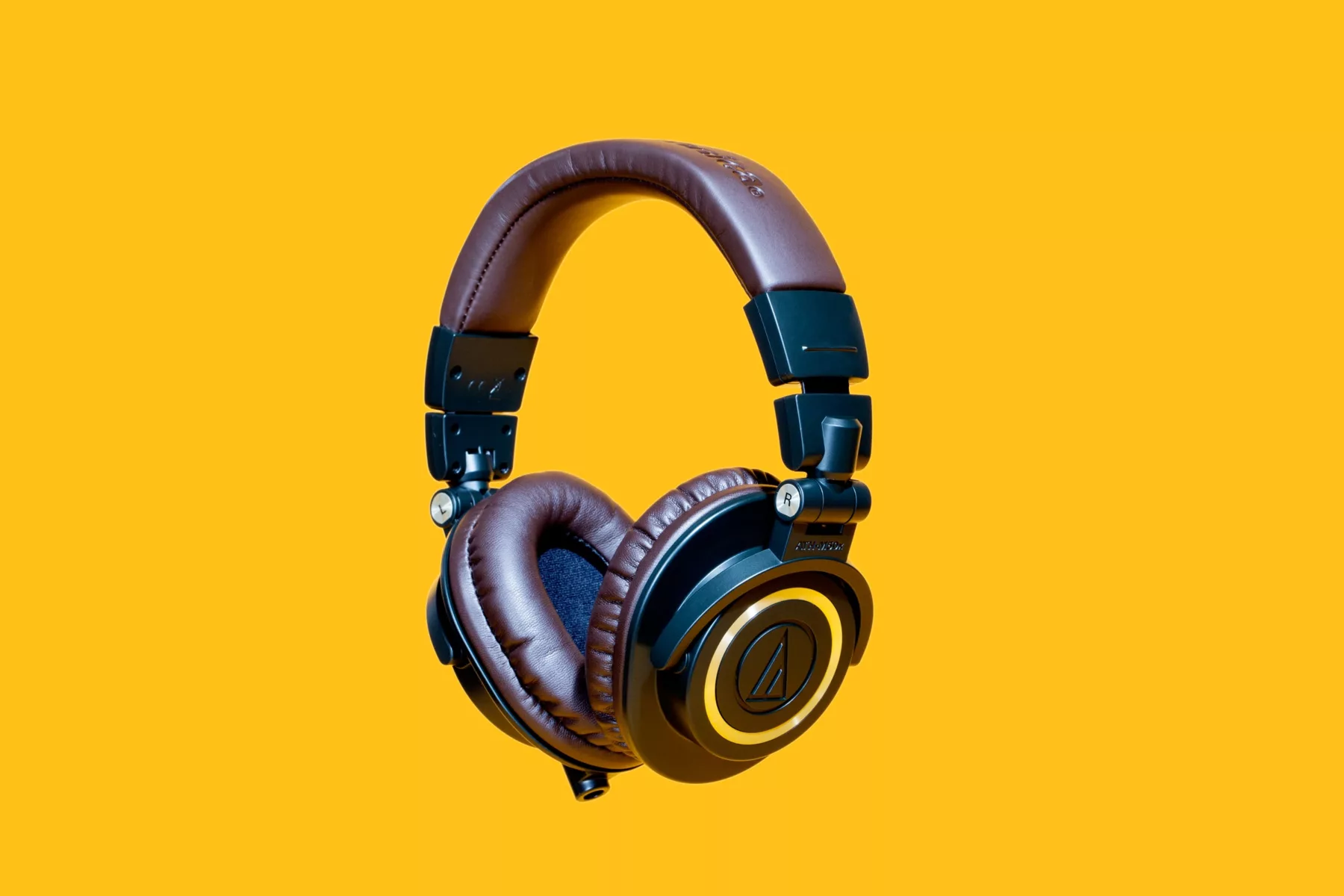
Which Headset Is Best for Recording Audio?
When it comes to selecting the best headset for recording, there are several factors to consider. Firstly, it is important to choose a headset that offers clarity of sound and a wide frequency response range. Additionally, a headset that provides good noise isolation is also crucial for recording purposes.
Based on these factors, the Sony MDR-7506 is widely considered to be one of the best headsets for recording. It offers a frequency response range of 10Hz-20kHz which ensures that all the nuances in the sound are captured accurately. The closed-back design of these headphones helps in minimizing external noise, making them ideal for recording in noisy environments. Additionally, they are lightweight and comfortable, which is essential when recording for extended periods of time.
Another headset that is frequently recommended for recording is the Audio-Technica ATH-M50x. These headphones offer exceptional clarity and detail, with a wide frequency response range of 15Hz-28kHz. They also have a closed-back design that provides excellent noise isolation.
When choosing the best headset for recording, it is important to consider factors such as sound clarity, frequency response range, noise isolation, and comfort. The Sony MDR-7506 and Audio-Technica ATH-M50x are both excellent options that meet these criteria and are widely used by professionals in the recording industry.
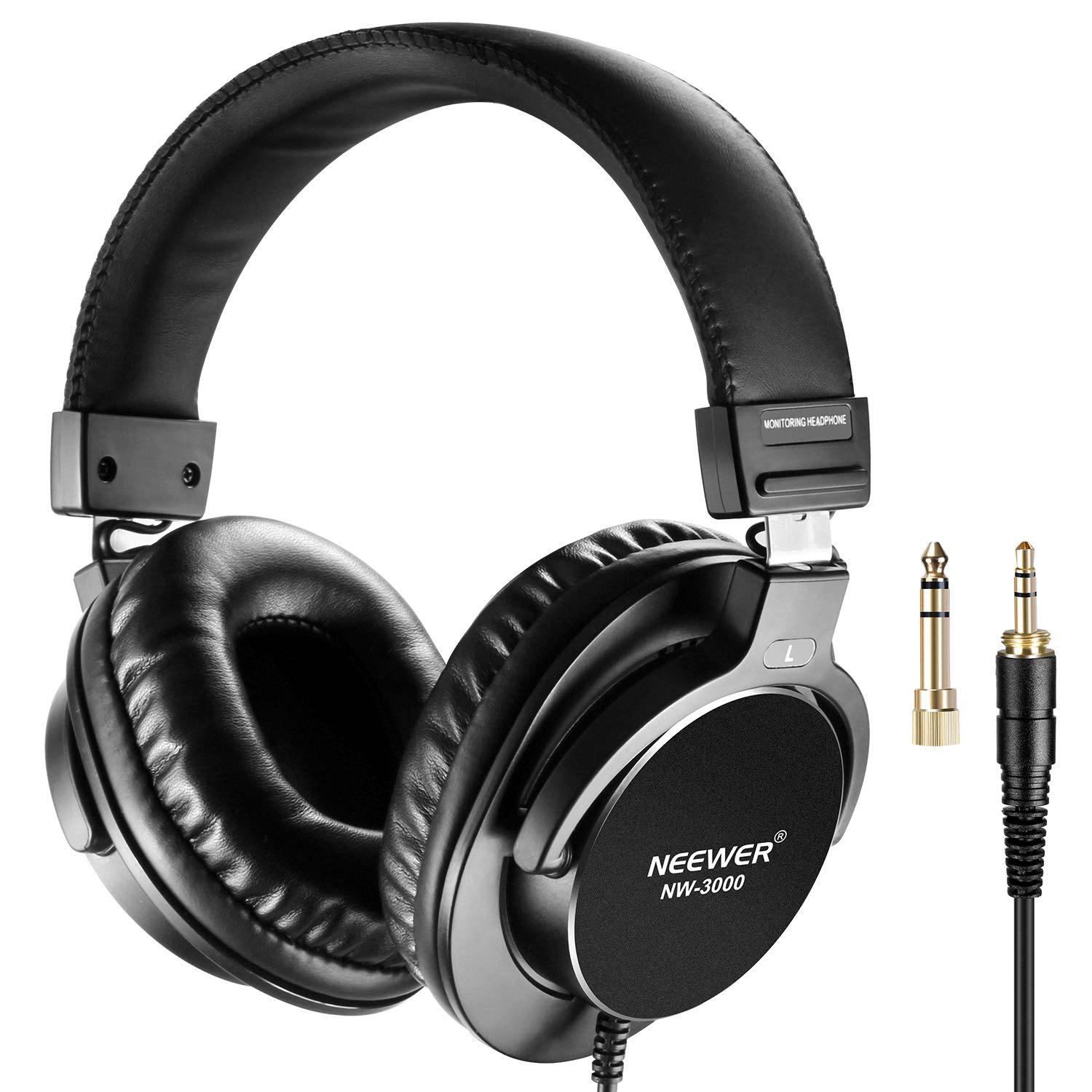
Do Special Headphones Needed for Recording?
Special headphones are required for recording. Regular headphones are not designed to accurately reproduce sound in the way that studio headphones are. Studio headphones are designed to provide a flat frequency response, which means that they do not boost or cut any particular frequencies. This is important in recording because it allows the engineer to hear the sound exactly as it is being recorded without any coloration or distortion.
Additionally, studio headphones are designed to be comfortable for extended periods of use, which is important for recording sessions that can last for hours. They also offer a high level of isolation, which helps to prevent bleed from the headphones into the microphone.
While regular headphones can be used for some music production tasks, special headphones are needed for recording in order to ensure accurate sound reproduction and prevent bleed from the headphones into the microphone.
The Benefits of Recording with Headphones
It is generally better to record with headphones when recording new tracks. Headphones allow for better isolation of the sound you are recording, which can help to minimize the amount of bleeding from other instruments or sources that may be present in the room. This can lead to cleaner, clearer recordings with less interference from outside noise.
Additionally, using headphones allows you to hear the full depth and nuances of the track you are recording, which can be especially important when working with complex or layered arrangements. This can help to ensure that you are capturing the full range of the sound you are trying to create, leading to a better overall recording.
There are a few potential downsides to using headphones, however. For one, they can be uncomfortable to wear for extended periods of time, which can be a problem if you are recording for long stretches. Additionally, some people may find that they have difficulty achieving a natural sound when recording with headphones, as they may not be able to hear the sound of their instrument or voice as they would if they were playing or singing in an open space.
However, the benefits of using headphones when recording generally outweigh the potential drawbacks. By providing better isolation, clearer monitoring, and more accurate sound reproduction, headphones are an essential tool for any serious recording artist or producer.
Using Headphones for Recording Sound
Headphones can be used to record sound. To do this, you would need to plug the headphones into the microphone jack on your recording device. However, it is important to note that headphones are not designed to function as microphones, so the quality of the recording may not be optimal. If you are looking for high-quality sound recordings, it is recommended to use a dedicated microphone instead of headphones. Additionally, some headphones may have a built-in microphone, which can be used for recording purposes, but again, the quality may vary. Ultimately, it is important to consider the specific needs and requirements of your recording project before deciding whether to use headphones for recording.
Conclusion
Headphones are an essential piece of equipment for any recording setup. When it comes to selecting the right pair of headphones, there are a few key factors to consider, such as the level of accuracy required for your specific recording or mixing needs, the type of headphones, and your budget. As we have seen, there are many great options available on the market, ranging from high-end studio headphones to more affordable options for those just starting out. Ultimately, the key is to find a pair of headphones that offer a clear and accurate representation of the sound, while also fitting comfortably and securely over extended recording sessions. By taking the time to research and invest in the right pair of headphones, you can ensure that your recordings and mixes sound their best and that you are able to work with precision and confidence every step of the way.


